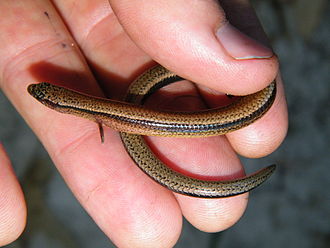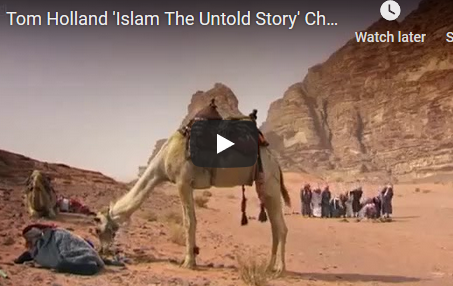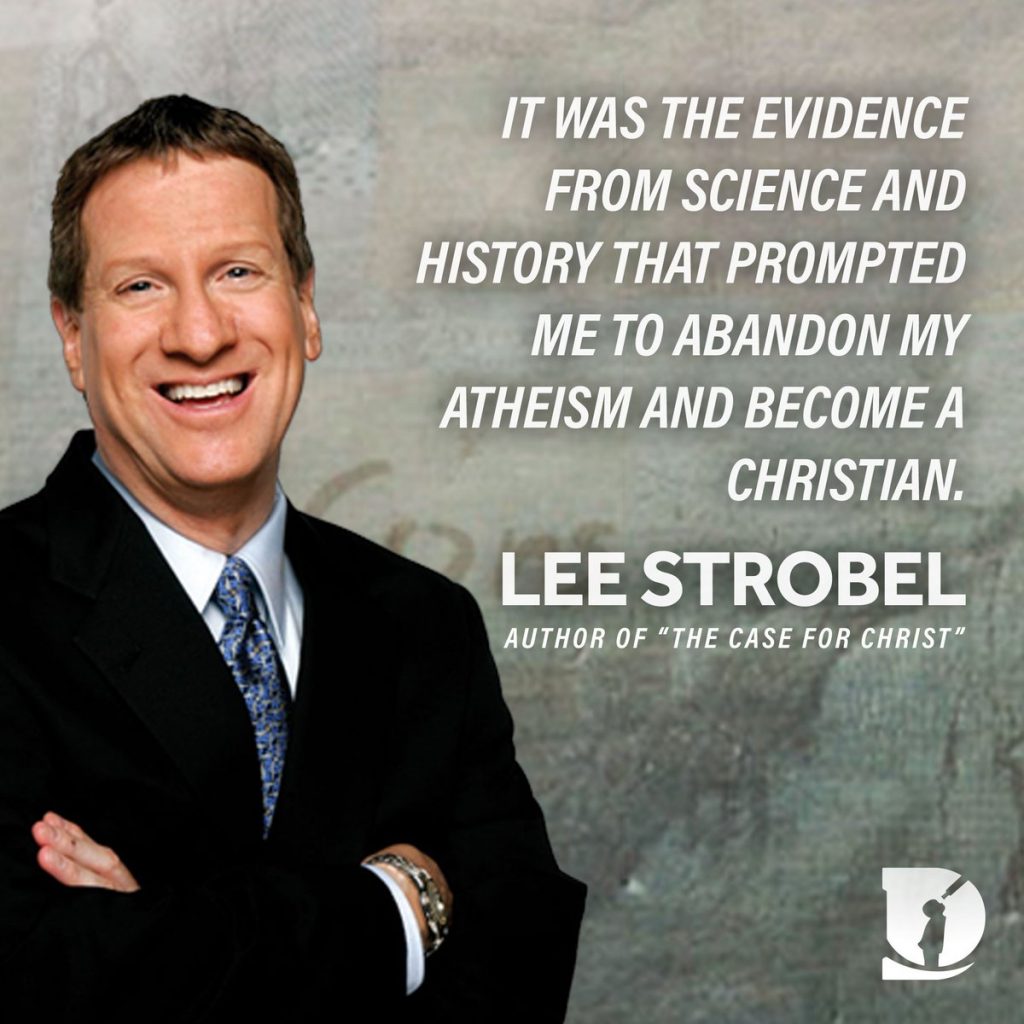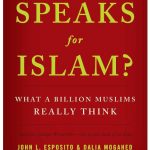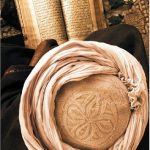It was all a psychological trick. I was simply going a long roundabout route to accepting and loving and forgiving myself.
Writing about the “tongues trick” reminded me of another “awakening” I had towards the end of my religious life.
I had been thinking a lot about the New Testament instructions that tell us how good works are the “natural” consequence of faith in what Christ did for us on the cross, yet at the same time we are not saved by works. Works are the fruit of our salvation (or “promise” of salvation if that’s what a particular church taught), not its cause.
But I had to admit to myself that often I was wanting to do “the right thing” because, I believed, it was required of me and if I failed to do it I would be condemned. (Of course I could repent and be forgiven but that led to an endless cycle of always doing “the right thing” for mixed motives, partly to avoid judgment. But that’s not what the “good works are the fruit of being saved” message was about.
God’s grace was supposed to transform us, change our nature, so that we wanted to good works entirely as a result of his grace. There was no more judgment or fear to be involved. No stick, no carrot. Only a boost of energy to want to do the right thing “naturally” because of God’s grace. Like a child running off and just being “naturally good” for a little while after being given a big hug and an ice-cream.
So I prayed again, and came to understand that the one who loved and accepted me was the greatest being in the universe, etc, and that such a being “totally accepted me”. That’s grace, forgiveness, acceptance.
Filled with such an awareness I could not help but be awed into humility and totally thankful. Gratitude was so strong it spawned tears of joy and humility.
With such an awareness, with that sort of deep faith in Christ, my inner being, my thoughts and desires, were all changed. I was at peace. Joyful. I wanted only to do good and life a life of good works. All fear of judgment and need for “effort” was gone. The “fruits of the spirit” really were “fruits”, results, the outcome, the “works of/from faith”.
Then it hit me. It was not Jesus or God or the Holy Spirit that was responsible for any of my changed “born again” life. It was all me. It was my belief in being accepted and forgiven that was the cause of my “new” and “transformed” person.
Okay, my faith was in Christ, but it dawned on me that I could have exactly the same faith relationship with a totem pole if I had a different set of holy books or teachings, and the results would be exactly the same.
It was all a psychological trick. I was simply going a long roundabout route to accepting and loving and forgiving myself. And that’s where my newfound confidence and peace and joy was coming from. Also where my desire to simply be kind to others, with no need to dwell on wrongs, was coming from.
So I began to think. Why do I need the middle man (or god or spirit or totem pole)? Is there not a more efficient and honest way?
Like this:
Like Loading...



